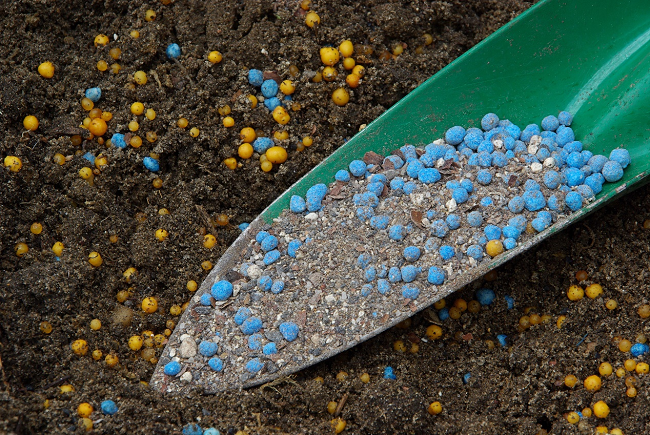
Exhibition time: 17-19 March, 2026 Shanghai, China
 中文
中文

Exhibition time: 17-19 March, 2026 Shanghai, China
 中文
中文

Key words of the passage: fertilizer; challenge; agriculture; analysis
The conflict between Russia and Ukraine has shocked the global food system, showing just how vulnerable it is to disruption. Wheat and fertilizer prices have increased more than 40 percent in some regions, exacerbating food insecurity concerns globally. Even before the invasion, food and fertilizer prices were rising as a result of the combined effects of the COVID-19 pandemic, climate-related impacts, armed conflicts, and low supply-chain resilience. Climate-driven food security shocks will continue to cause food scarcity and suffering if steps are not taken to increase food system resilience.
Inability to access fertilizer hampers agricultural productivity in many low-income countries, while in most major economies, more than 50 percent of fertilizers do not reach the intended crop. A 10 percent reduction in global fertilizer loss and waste would free up more than the total amount of mineral fertilizer used by all African countries. In addition, nitrogen fertilizer production consumes up to 4 percent of global natural gas supply; increasing fertilizer efficiency in the short term and transitioning to more affordable alternatives in the medium term will reduce natural gas dependence. Steps to increase the adoption of innovative, alternative, and efficient fertilizer and cropping practices will alleviate pressure on fertilizer and natural gas supplies, increase fertilizer availability, lower nitrous oxide emissions, and reduce food insecurity globally.
Source: USDA Foreign Agricultural Service
